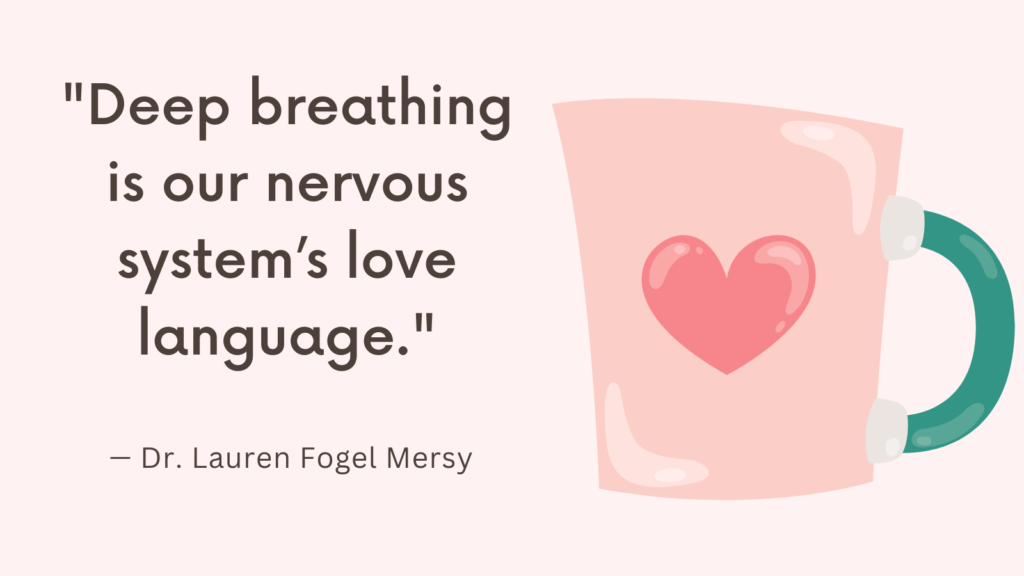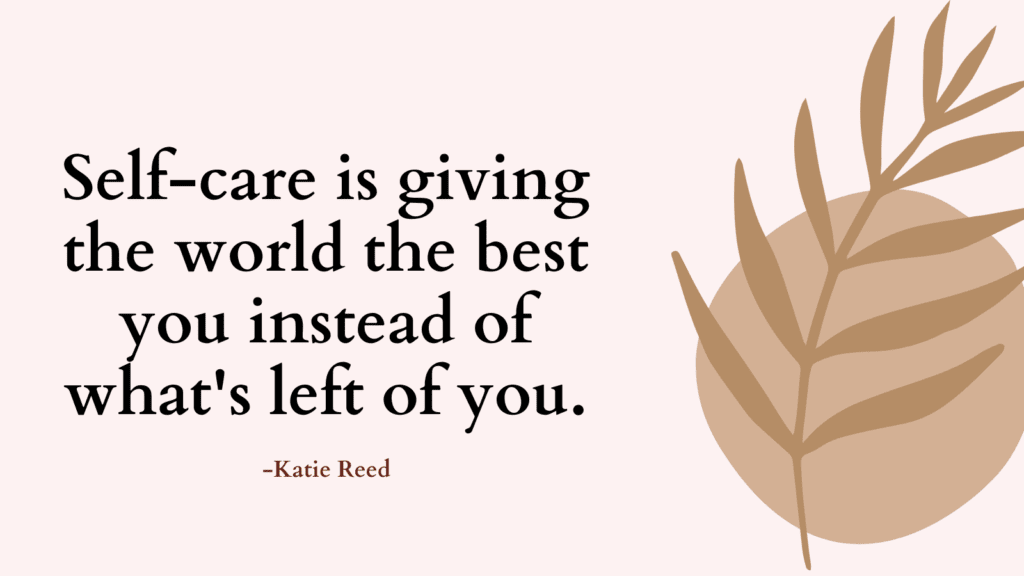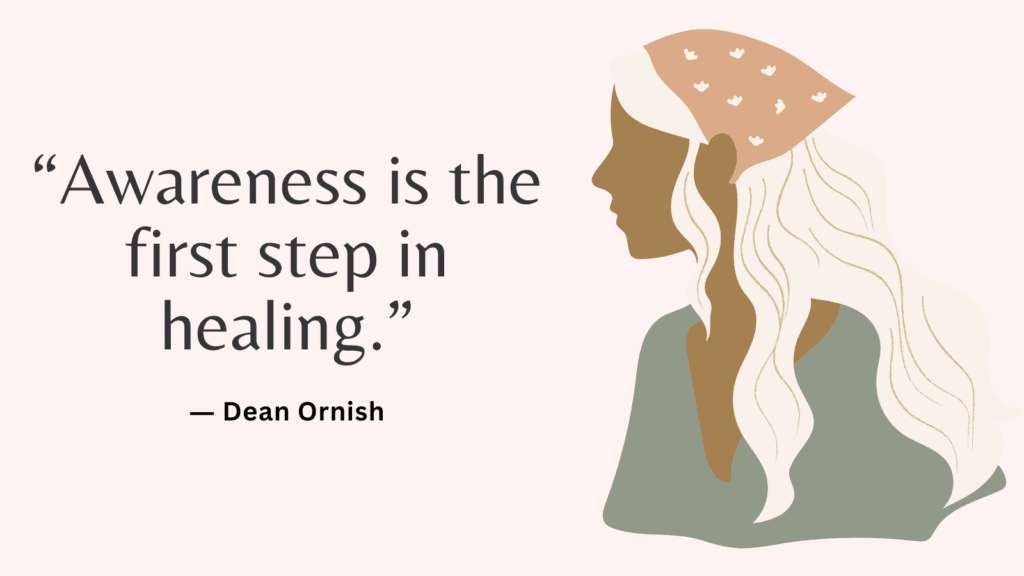This post contains “Am I Manipulative Quiz” along with helpful tips to stop manipulative behavior.
Am I Manipulative Quiz
Results
#1. Do you frequently use deception to get what you want?
#2. Do you find yourself often shifting blame onto others to avoid taking responsibility for your actions?
#3. Are you aware of the impact your words and actions have on others, including their emotions and well-being?
#4. Do you feel a sense of satisfaction or power when you get others to do things your way?
#5. Do you often prioritize your own desires over others’ feelings and needs?
#6. Do you often try to control or pressure others into compliance and discard their autonomy and boundaries?
We will not sell your information. All results are kept confidential.
This quiz is for informational purposes only. It is not meant as a diagnostic or assessment tool.
Results
The questions above represent common signs of manipulative behavior. If you answered yes to most of these questions, then you may be engaging in manipulative behavior.
Related: How To Stop Being Emotionally Abusive? Top 10 Strategies To Break The Cycle Of Abuse
Why Do People Engage In Manipulative Behavior?
There are several reasons why individuals may engage in manipulative behavior.
It is important to understand that manipulative behaviors are complex and can vary from person to person. Some possible explanations include:
1. Insecurity
Manipulative behavior may stem from deep-seated feelings of insecurity, where individuals believe that they need to control others to feel safe or validated.
2. Need for control
Some individuals engage in manipulative behavior as a way to exert control over others and situations.
They may have a strong desire for power and struggle with accepting uncertainty or relinquishing control.
3. Fear of abandonment
People who have experienced past trauma or abandonment might resort to manipulation as a defense mechanism to protect themselves from potential rejection or abandonment in relationships.
4. Low self-esteem
Individuals with low self-esteem may use manipulative tactics to boost their self-worth or to gain attention and validation from others.
5. Learned behavior
Manipulation can be a learned behavior, particularly if someone grew up in an environment where manipulation was an accepted or effective way to achieve goals or manipulate others.
It is important to note that these are general factors and that each individual’s motivations for engaging in manipulative behavior may vary.
Understanding the underlying causes can be helpful in addressing and changing manipulative tendencies.
Related: Healing From Emotional Abuse In 12 Practical Steps
How to Stop Being Manipulative?
Recognizing the desire to change manipulative behaviors is an important first step. Here are some suggestions to help you stop being manipulative:
1. Self-awareness
To stop being manipulative, the first step is self-awareness.
It’s important to recognize and acknowledge the patterns of behavior that may be manipulative in nature.
Reflecting on past interactions and evaluating whether our actions were driven by a desire to control or influence others can help us gain insight into our own tendencies.
For example, if someone consistently finds themselves using guilt trips or playing mind games to get what they want from others, it may be a sign of manipulative behavior.
Once we become aware of these behaviors, we can make a conscious effort to change our approach. It’s important to remember that being manipulative often stems from insecurities or a fear of not getting our needs met.
By exploring these underlying emotions and working on building healthy communication skills, we can develop more authentic and respectful relationships with others.
Related: Am I Emotionally Abusive Quiz
2. Empathy development
Empathy allows us to understand and connect with others on a deeper level, fostering genuine relationships and reducing the need for manipulation.
One way to develop empathy is by actively listening to others.
This means giving our full attention, genuinely trying to understand their perspective, and validating their feelings.
For example, if a friend is upset about something, instead of dismissing their emotions or trying to manipulate the situation to benefit ourselves, we can listen attentively, offer kind words of support, and try to put ourselves in their shoes.
Another powerful way to cultivate empathy is through practicing empathy exercises or role-playing activities.
These exercises help us learn to step into someone else’s shoes, gaining a better understanding of their experiences.
By fostering empathy, we can become more aware of the impact of our actions on others, leading to healthier, more authentic interactions.
Our relationships will flourish as we focus on mutual respect, kindness, and open communication rather than manipulating others for personal gain.
Related: Best Support Groups For Emotional Abuse (Online & In Person)
3. Reflect on consequences
To stop being manipulative, it is essential to reflect on the consequences of our actions.
Manipulation often stems from a desire for control or personal gain, but it can have severe negative repercussions on our relationships and overall well-being.
By taking the time to consider the possible outcomes of our manipulative behavior, we can develop a better understanding of its harmful effects and motivate ourselves to change.
One key consequence of manipulation is the erosion of trust.
Manipulating others can lead them to feel deceived, used, or taken advantage of, ultimately damaging the foundation of any relationship.
For example, if we manipulate a friend into doing a task for us, they may feel resentful and question our motives.
Over time, this can strain the friendship and potentially lead to its breakdown.
Reflecting on these potential consequences can help us realize that the temporary satisfaction gained through manipulation is not worth sacrificing long-term trust and connection.
Another consequence is the impact on our own self-image.
Engaging in manipulative tactics can leave us feeling guilty, dishonest, and ashamed, which can take a toll on our self-esteem.
Moreover, constantly manipulating others can prevent us from building genuine connections and experiencing deep, meaningful relationships.
By reflecting on these consequences, we can understand that being authentic, honest, and respecting the autonomy of others is more rewarding and fulfilling than attempting to control them through manipulation.
Reflecting on the consequences of manipulation requires introspection and a willingness to change.
It involves acknowledging the harm caused by our actions and recognizing the importance of treating others with respect, empathy, and honesty.
Related: Best 10 Emotional Abuse Books
4. Emotional regulation
To stop being manipulative, it’s important to work on emotional regulation.
This involves developing awareness and control over your own emotions so that you don’t resort to manipulative behaviors when faced with challenging situations.
One effective strategy is to practice mindfulness, which involves being fully present in the moment and observing your thoughts and feelings without judgment.
By cultivating this awareness, you can identify any unhealthy patterns of manipulation that arise from negative emotions like anger or fear.
For example, if you notice yourself feeling jealous and wanting to manipulate someone to gain their attention or affection, take a pause and recognize that these emotions are natural but acting on them through manipulation is not helpful or genuine.
Instead, try communicating your feelings openly and honestly or finding healthier ways to address your insecurities.
Related: Best 8 Mindfulness Exercises For Adults That Will Help You Regulate Your Emotions
6. Seek therapy
Therapy provides a safe and non-judgmental space to explore the underlying reasons behind manipulative behavior and learn healthier ways of interacting with others.
A trained therapist can help you gain insight into the patterns and dynamics that contribute to your manipulative tendencies.
They can also guide you in developing empathy, assertiveness, and healthy communication skills.
In therapy, you may work on identifying and addressing any unresolved emotional issues or traumas that may be driving your manipulative behavior.
By understanding yourself better and acquiring new tools, you can gradually break free from manipulative patterns and develop more authentic and fulfilling relationships.
Remember, seeking therapy is a courageous step towards personal growth and positive change.
Related: Best 6 Mindfulness Exercises For Beginners (+FREE Resources)
7. Practice patience and self-compassion
One effective way to address manipulative tendencies is to practice patience and self-compassion.
Patience allows you to pause and reflect on your actions, giving you the time to consider the consequences and alternatives to manipulation.
By cultivating self-compassion, you learn to understand and accept yourself, which reduces the need for manipulation as a means of gaining validation or control.
To practice patience, it can be helpful to take a moment before reacting. Instead of immediately trying to manipulate a situation to your advantage, give yourself a chance to think about the bigger picture and how your actions might affect others involved.
Consider different perspectives and try to empathize with those around you. Taking the time to listen and understand can lead to more authentic and fulfilling connections.
Self-compassion plays a crucial role in reducing manipulative behaviors.
When you feel secure within yourself and have a healthy sense of self-worth, you are less likely to resort to manipulative tactics to gain approval or validation from others.
Self-compassion involves treating yourself with kindness, understanding, and forgiveness when you make mistakes or face challenges.
It allows you to acknowledge that everyone has flaws and that growth is an ongoing process.
By practicing patience and self-compassion, you create a foundation for healthy relationships built on trust, respect, and genuine connections.
Related: How To Be Gentle With Yourself? Top 5 Ways To Practice Self-Compassion
Conclusion
Change takes time and effort, so be patient with yourself as you work towards breaking free from manipulative habits.







